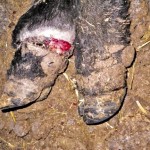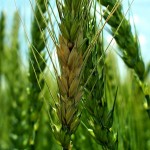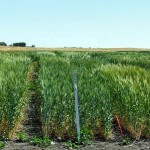Long, brutally cold Prairie winters could be masking signs of a serious toxin lurking in livestock producers’ feed bins, a University of Calgary veterinary professor warned feed and livestock industry officials recently. Dr. Eugene Janzen, assistant dean of clinical practice, said he was initially perplexed in the winter of 2013 when he observed Alberta feedlot






